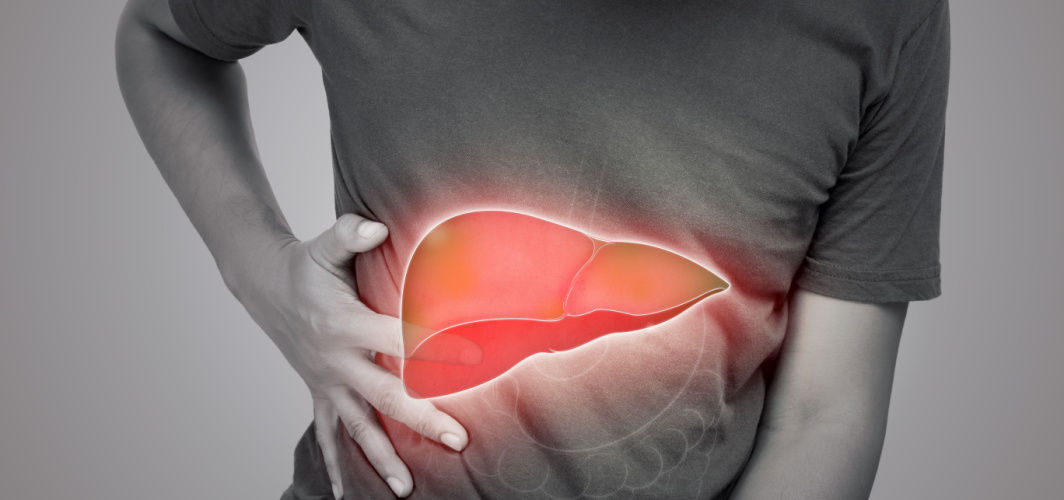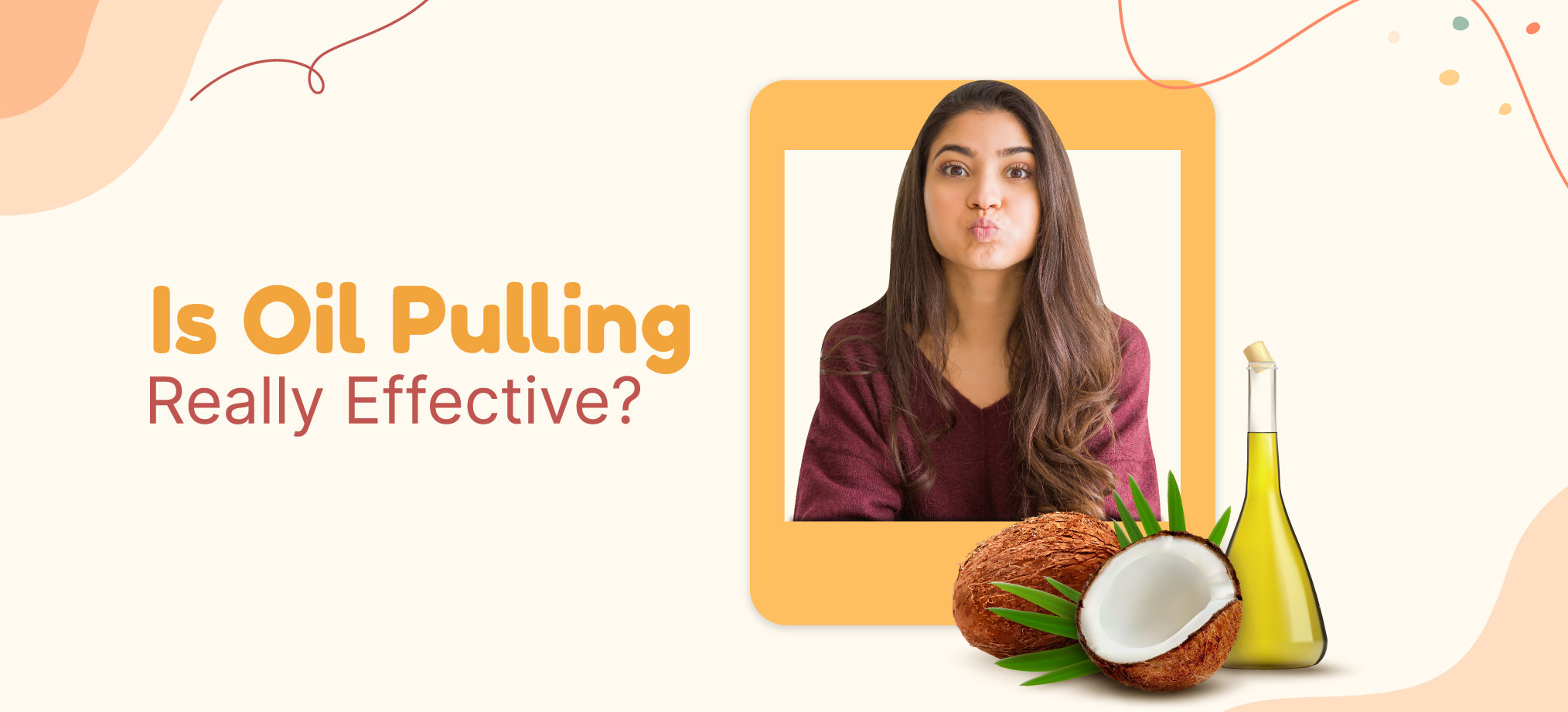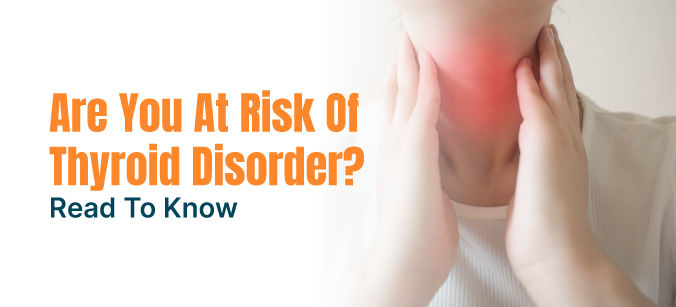General Health
Fatty Liver: Symptoms, Causes, Prevention, and Treatment
6 min read
By Apollo Pharmacy, Published on - 16 August 2023, Updated on - 01 September 2023
Share this article
0
0 like

Hepatic steatosis, the term used medically to describe the condition known as fatty liver, has become a growing concern. A healthy liver is crucial for overall well-being as it performs essential functions like filtering toxins, aiding digestion, and regulating metabolism. However, too much fat in the liver causes inflammation and scarring. By exploring the factors that contribute towards the development of fatty liver, we gain insight into its effective management and treatment plans.
What is a Fatty Liver?
Fatty liver is when an excessive amount of fat is deposited in liver cells. Over time, the inflammation and disruption caused by excessive fat buildup may potentially harm the liver. Fatty liver diseases come in two different forms: alcohol-induced and non-alcohol-related. While non-alcoholic fatty liver disease (NAFLD) develops in people who don't drink too much alcohol, alcoholic fatty liver disease (AFLD) is brought on by overconsumption of alcohol.
Symptoms and Diagnosis of Fatty Liver
Fatty liver frequently develops without any obvious signs in its early stages. Nevertheless, as the illness worsens, several signs may appear that call for medical treatment. These warnings could include:
- Exhaustion/Fatigue: Fatty liver is frequently characterized by persistent fatigue and a lack of vitality. Even after obtaining enough sleep, people can still feel worn out.
- Discomfort in the abdomen: People suffering from fatty liver may feel discomfort or pain in the upper right side of the abdomen. Dull aching or a feeling of fullness may be used to describe this discomfort, which ranges in intensity.
- Mild Jaundice: Mild jaundice, a common condition associated with fatty liver, is identified by a yellow discolouration of the skin and eyes. Jaundice may not always be present in fatty liver, but it is more frequently related to liver diseases.
- Advanced Symptoms: As fatty liver enters more severe phases, other symptoms, such as unexplained weight loss, appetite loss, and abdominal swelling or fluid buildup (ascites), may appear.
Diagnosis of Fatty Liver
An extensive evaluation is required to diagnose fatty liver, which includes many methods to gauge liver health and spot fat buildup. Common components of the diagnostic procedure for fatty liver are:
- Physical exam: A doctor performs a physical exam to assess the patient's general health and figure out a way to indicate signs of an enlarged or painful liver.
- Blood tests: Blood tests like liver function test are crucial for assessing the liver's health and spotting any anomalies. Elevated levels of liver enzymes like alanine aminotransferase (ALT) and aspartate aminotransferase (AST) would possibly be a sign of infection or liver injury.
- Imaging Studies: Imaging techniques including ultrasonography, CT scans, and MRI can be used to visualize the liver and determine the amount of fat deposition. These examinations can reveal the location, character, and presence of any liver issues.
- Liver Biopsy: It may be performed in certain situations to obtain a tiny sample of liver tissue for further examination. This procedure can help with diagnosis confirmation and assessing the degree of liver damage or inflammation.
Causes of Fatty Liver
The most common causes of fatty liver include:
- Alcoholic fatty liver disease: One of the main factors that pose a risk to the improvement of this illness is prolonged and extended alcohol use. Studies have shown that the liver's alcohol metabolism can block the normal breakdown of fats, leading to fat buildup. A simple fatty liver can also lead to two more serious conditions: alcoholic cirrhosis and alcoholic hepatitis.
- Nonalcoholic fatty liver disease: It has been discovered that a wide range of risk factors, including obesity, insulin resistance, diabetes, high cholesterol and triglycerides, and metabolic syndrome, may also worsen the condition of the liver.
How to Prevent Fatty Liver?
Some of the common tips to prevent fatty liver include:
- Healthy Eating: The likelihood of fat building up in the liver can be decreased by limiting saturated fats, choosing whole grains, increasing the consumption of fruits and vegetables, lowering added sugars, and managing alcohol intake.
- Exercise Frequently: Complete 75 minutes of vigorous activity or 150 minutes of aerobic exercise at moderate intensity every week. The liver can benefit from weight training, jogging, swimming, and cycling, amongst other exercises.
- Managing Weight: Controlling one’s weight can significantly decrease the risk of developing or worsening fatty liver in overweight or obese people. With a combination of healthy food and frequent exercise, concentrate on losing weight gradually.
- Reduce Alcohol Usage: A fatty liver is strongly associated with excessive alcohol usage. To lower the risk of developing alcoholic fatty liver disease, attempt to minimize your alcohol consumption or consider quitting entirely.
Treating Fatty Liver
The goal of treating fatty liver is to promote healthy liver function while addressing its underlying causes. A balanced diet, regular exercise, and keeping a healthy weight are all necessary lifestyle changes for managing fatty liver.
Alcohol abstinence is essential for people with alcoholic fatty liver disease. When managing underlying problems or reducing liver inflammation, doctors may prescribe medications. Close monitoring, frequent checkups, and follow-up testing are crucial to track the progress and make any necessary changes to the treatment plan.
If left untreated, the fatty liver can negatively affect overall health. People can safeguard their liver health and effectively manage fatty liver by gaining knowledge of its causes, fatty liver symptoms, prevention techniques and treatment plans. Remember to consult a healthcare professional for guidance tailored to your individual requirements.
To ensure your liver health, Explore Liver Care Products
FAQs
Q. Is fatty liver reversible?
By changing one's way of life, such as adopting a nutritious diet, getting regular exercise, and losing weight, fatty liver is frequently curable in its early stages. However, it may worsen and lead to liver issues that need specialized medical attention in more advanced stages.
Q. Does fatty liver have any particular dietary recommendations?
A diet low in subtle carbs, processed foods, and saturated fats is advised for those with fatty liver. Fruits, vegetables, whole grains, lean meat, and healthy fat can help the liver.
Q. How bad is fatty liver?
Although fatty liver may not necessarily be dangerous, it can worsen into more serious disorders including cirrhosis, fibrosis, or liver inflammation if left untreated. Complications can be avoided with prompt diagnosis, lifestyle modifications, and the right medical care.
Q. Can drugs treat fatty liver?
Treatment for fatty liver is not currently covered by any approved medication. They might, however, be prescribed to treat underlying diseases or lessen liver inflammation, which can help with the improvement of fatty liver. The most common method of treating fatty liver is to change one's lifestyle by adding healthier eating habits, increasing physical activity, and maintaining a healthy weight.
Medically reviewed by Dr Sonia Bhatt.
General Health
Consult Top Hepatologists
View AllLeave Comment
Recommended for you

General Health
Oil Pulling: Know How It Promotes Good Oral Hygiene
Good oral health is essential for overall well-being. And, oil pulling can help achieve this naturally and effectively. Unlike chemical-laden mouthwashes and toothpaste, oil pulling is a natural and safe alternative. It removes harmful bacteria, whitens your teeth and helps you maintain your dental health. Read on to learn the benefits of oil pulling and its usage.

General Health
5 Tips By Dermatologists To Prevent Ingrown Hair
Ingrown hair usually affects those with thick, curly hair, and if left untreated, they can get infected. Learn how to handle them from getting worse and how can they be avoided.

General Health
10 Most Googled Questions On Thyroid Answered By An Apollo Expert
The thyroid gland is responsible for metabolism, growth, and several other important functions. Read to know how abnormal functioning of this gland can affect your overall well-being.
Subscribe
Sign up for our free Health Library Daily Newsletter
Get doctor-approved health tips, news, and more.
Visual Stories

Could There Be More to Your Snore?
Tap to continue exploring
Recommended for you

General Health
Oil Pulling: Know How It Promotes Good Oral Hygiene
Good oral health is essential for overall well-being. And, oil pulling can help achieve this naturally and effectively. Unlike chemical-laden mouthwashes and toothpaste, oil pulling is a natural and safe alternative. It removes harmful bacteria, whitens your teeth and helps you maintain your dental health. Read on to learn the benefits of oil pulling and its usage.

General Health
5 Tips By Dermatologists To Prevent Ingrown Hair
Ingrown hair usually affects those with thick, curly hair, and if left untreated, they can get infected. Learn how to handle them from getting worse and how can they be avoided.

General Health
10 Most Googled Questions On Thyroid Answered By An Apollo Expert
The thyroid gland is responsible for metabolism, growth, and several other important functions. Read to know how abnormal functioning of this gland can affect your overall well-being.